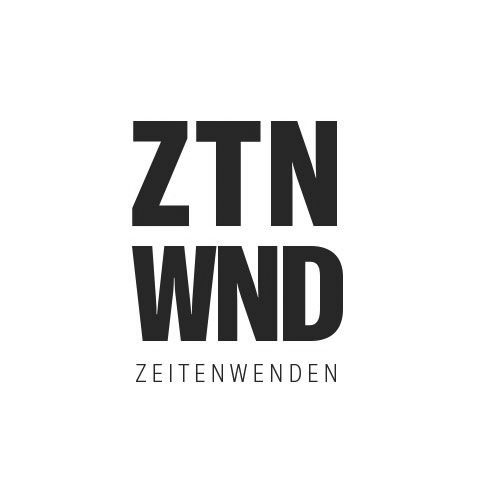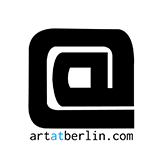Prologue | Personal –
Stef, imagine if the pandemic did not dominate our lives at the moment and we could meet in your home or in your studio. Where do we talk together? We would meet in my studio in berlin Wedding. 3rd floor, industrial building, a view onto brick buildings and roofs. Right now my studio is rather empty. Since feb11 my solo show at Eigen+Art in berlin is up, so a lot of works went there, obviously. But there are unfinished works, finds and just material lying around, and one wall is covered with partly well organized and partly randomly stuffed shelves. Maybe we are sitting at your favorite place? Probably we are. Any place in my studio is a favorite place.
Image above: Stef Heidhues, Studio, Courtesy of Stef Heidhues
Where do you come from, where were you born when? I was born in Washington DC in 1975 and lived the first 8 years of my life in the US.. Where do you currently live and work? In Berlin. Which stations and people have shaped you? In relation to my work certainly the most influential encounter was studying with Franz Erhard Walther at the University of fine arts in Hamburg. On a personal level I’ve certainly been shaped by a number of people who I am close with, some losses as well as by the fact that I am an identical twin. Which writers do you currently find exciting and which books are on your bookshelf? Mary Karr, Sally Rooney and Rachel Cusk, Maya Angelou, Joan Didion I read and liked last year. Which books have influenced or shaped you? Ronja Räubertochter and Die Brüder Löwenherz by Astrid Lindgren. Irre by Reinald Goetz. Garten Eden by Hemingway. Die Verklärung des Gewöhnlichen by Arthur C Danto. America by Jean Baudrillard. What are you currently reading and where do you keep the book? I‘m currently reading Faux Pas, a collection of essays by Amy Sillman. I am part of a transcontinental reading group, which evolved out of the question how to handle the combination of Berlin winter and corona crisis. The group currently consists of two curators in Vancouver and New York, a theater director in Berlin and Prag and two visual artists in Berlin. We meet via Zoom and discuss the books we are reading. What music do you listen to and when? When I work I favor relatively abstract electronical music without vocals. Alltime favorites include the Beastie Boys, David Bowie, Sleaford Mods, the Clash, Rockers Hifi. But I don’t listen to music that much any more.
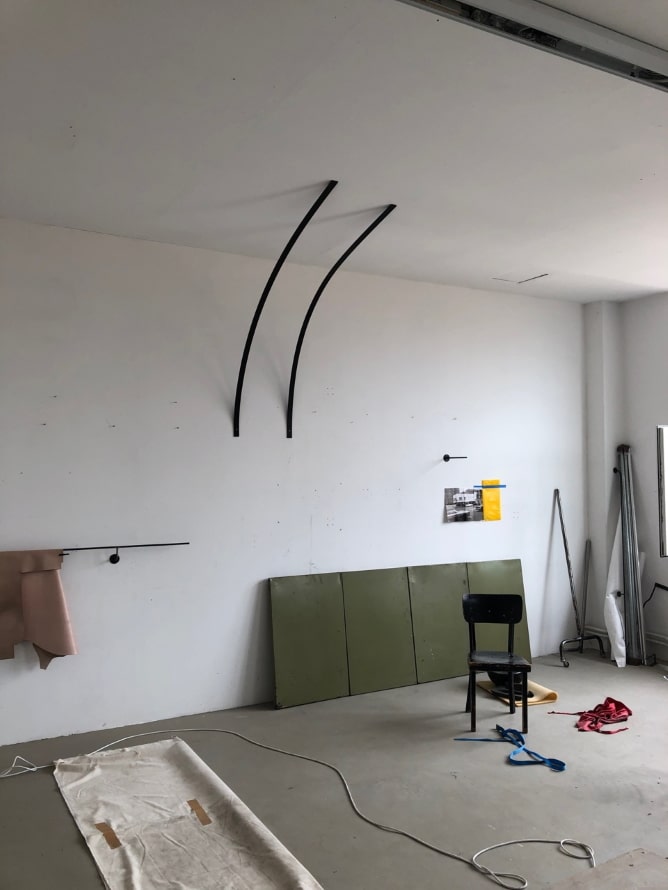
If you would cook something for us, what would it be? Probably something with lentils, risotto or quiche and a salad. I make a decent vinaigrette. What do you like to eat most? lentils, blueberries, almond cookies. What do you think about breakfast? I’m aware breakfast is important and good for you, but I don’t always act that way. Some time ago I cooked myself a warm breakfast every day but to be honest lately I’m back to black coffee and blueberries. What kind of sport or counterbalance to your work do you practice? Yoga and in general I feel the need to exercise and move enough but not necessarily to do sports. Do you have special passions or hobbies for which you are burning, and if so, which ones? Hobbies is an idea I can’t relate to. I burn for my work and almost anything I do and like is related to it. Best thing to relax for me is being around animals. What personality trait defines you? all of them☺
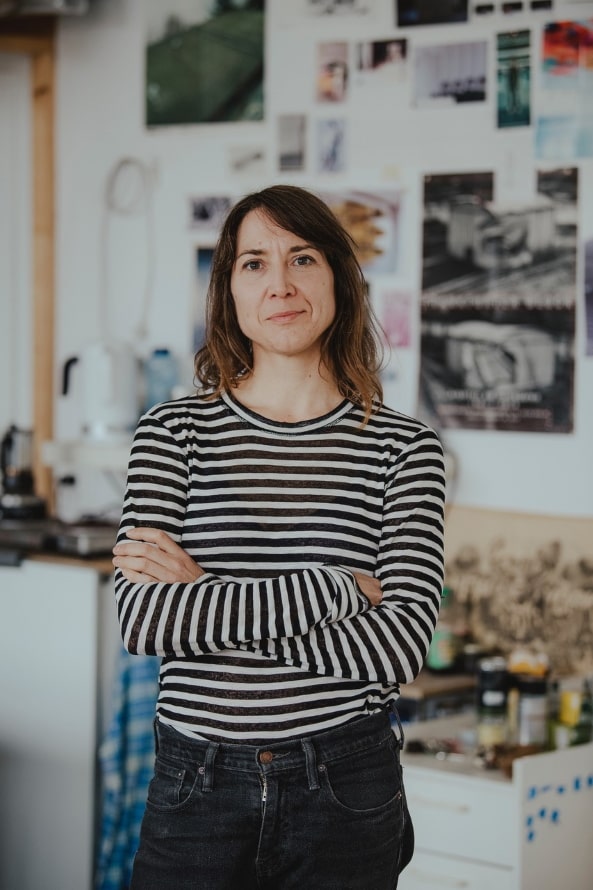
Interview | Artist + Position
To begin, please tell us your artistic vita in a few sentences.
I studied communication design at the university for applied Arts in Düsseldorf for 4 semesters and then moved to Hamburg to study visual arts at the university of fine arts in Hamburg with Franz Erhard Walther. After my diploma I moved to Berlin und since then I live and work here.
Briefly explain your current project.
The show at Eigen+ Art which is up right now is titled ‚Backstage with the modern Dancers‘. It consists of several sculptural works forming a spatial image, within which the spectator moves.
There is a brillant text accompanying the show by Larissa Kikol and a fantastic video by Mathias Maercks on the website of the gallery www.eigen-art.com.
What are you most concerned about at the moment; what is on your mind?
What worries me, is the current handling of the pandemic in germany. I found the government dealt with it last year enormously well, they listened to the experts, they communicated well to the public. Now after a year, action is needed and we are caught up in overburocratic ambition.
What further worries me, is that Germany as one of the richest countries worldwide systematically invests too little in education. That the gap between the poor and the rich has further widened through the pandemic, and the fact that Germany is way behind in terms of the gender pay gap in europe- wide comparison. The ever growing amount of waste through take-away and masks. And what role culture plays in a society that prioritizes opening hairdressers to opening museums.
How did you come to art? Why art?
I come from a family with many economists, scientists and farmers. All of this is very fact-based. from early on I was attracted by things seemingly to function by their own logic- something not rationally arguable but nevertheless not arbitrary. I remember standing in front of a cubist portrait by Picasso, I might have been 9 or 10 years old. The liberty I recognized in it, fascinated and attracted me. I felt like I understood it.
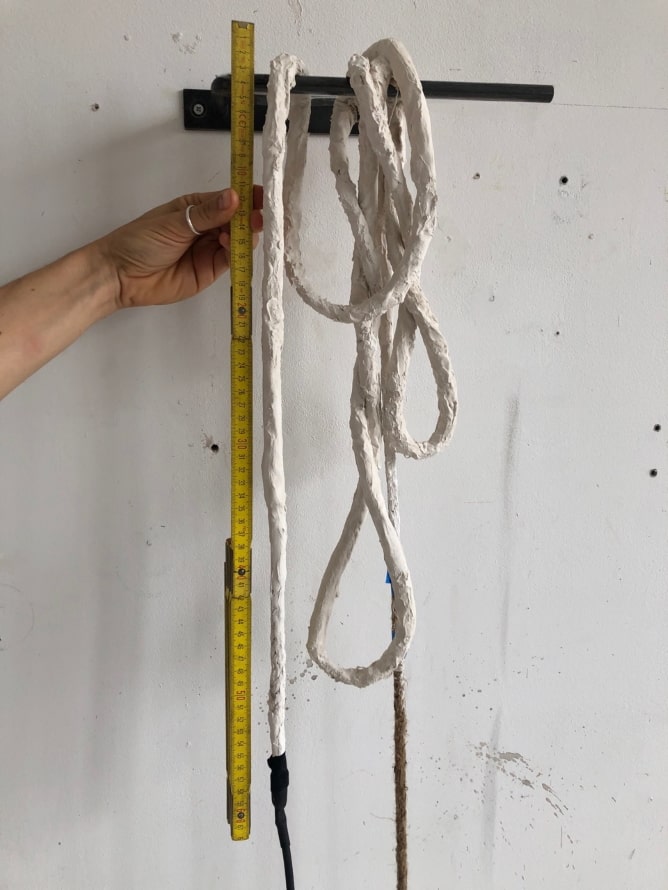
What makes you happy at the moment?
my cat, my work, my friends, in no specific order
What is currently scaring you?
in general: stupidity and violence
Do you believe that art has a social responsibility? And what do you think it can do?
Art has to be free, it doesn’t have to fulfill any social or political functions. But contemporary art is created in reaction of the contemporary world and thus can serve as a reflection of it. To engage with contemporary art you have to be and stay open minded and have to deal with ever new content, forms, themes and ways of understanding. Staying open minded is a mindset that won’t harm society in general.
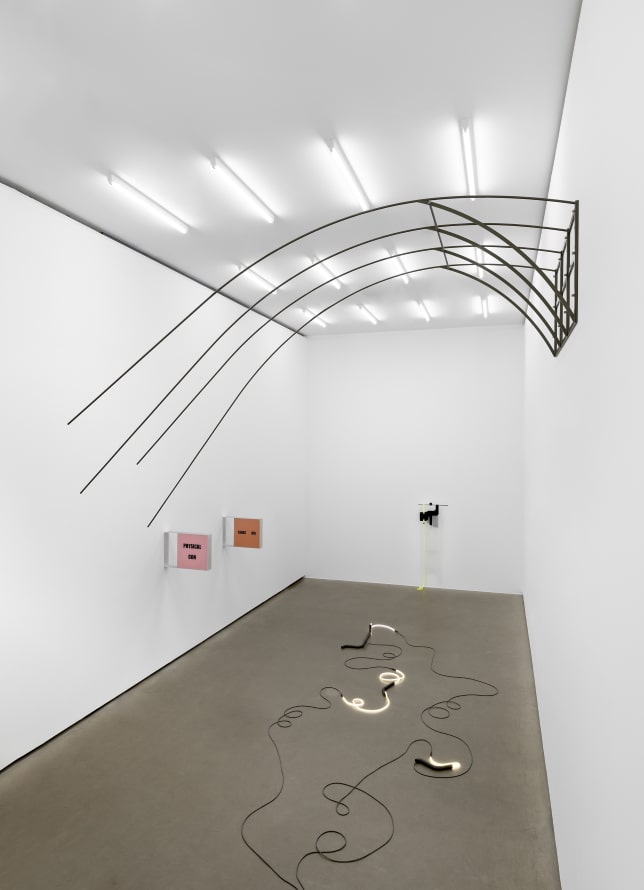
the Modern Dancers, 2021, Courtesy of Galerie EIGEN + ART Berlin & Stef Heidhues
What makes your art special? What is it about – what are the central themes of your work?
Rather than being about something my works come from somewhere. They derive from a preoccupation with form, material, as well as political, social and psychological questions. And often in reaction to a specific room I will show them in.
THE DEED | DAS WERK: Stef Heidhues
The artist Stef Heidhues (*1975), born in Washington (USA) and living in Berlin, speaks about the central message of her artistic work during her interview.
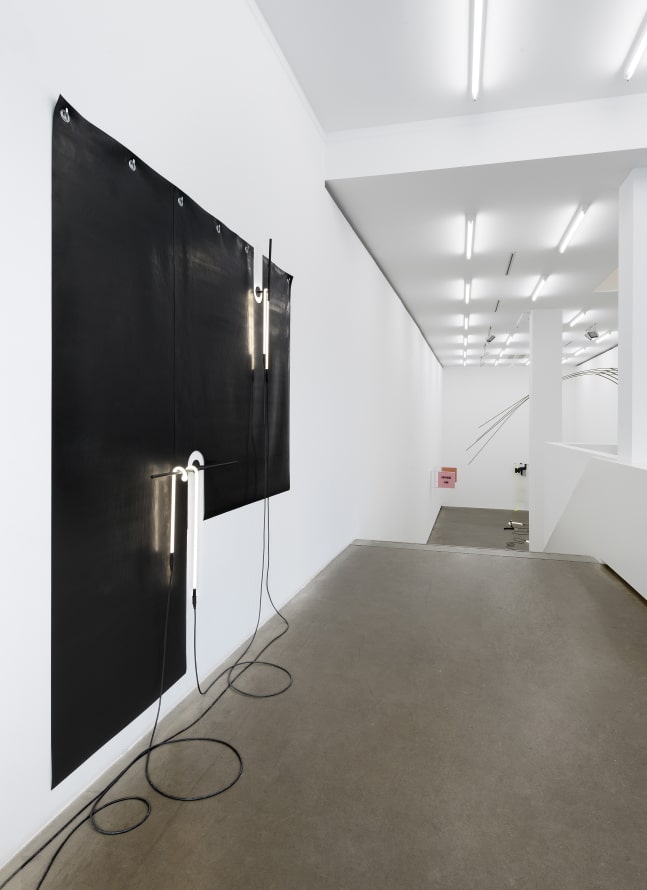
Please describe the core theme and the central message of your work.
In my artistic practice I develop spatial settings in which sculptures and wall objects contextualize each other and group themselves to form walk-in pictures.
Starting points are everyday objects and the examination of public and social spaces (e.g. in the sense of ‘How to live together’ by Roland Barthes, Abwesen by Byung-Chul Han, ‘The Art of Freedom’ by Juliane Rebentisch) and the dynamics and power relations arising from them. While my work does not adress political events or questions, the examination of political phenomena like the financial crisis or protest cultures is also a source of my work. As industrial wastelands, empty storefronts and ruins of unfinished buildings, they inscribe themselves into the cityscape. In fashion, advertising and window displays, protest cultures are reabsorbed into the cycle of commerce: Here, intentional and unintentional design intertwines.

These paradoxes, contradictions and interstices are central reference points for my artistic work. Furthermore, it is fed by a preoccupation with immaterial states such as bodily tension and relaxation as well as psychosocial aspects of interaction such as language, power games, defense mechanisms and projection.
In a process of appropriation, alienation, reduction and deconstruction I develop my works as multi-layered spatial images.
I understand my artistic practice as a discursive and open rhizomatic principle within which, among other things, sculpture, spatial strategies, stage design, design and drawing meet.
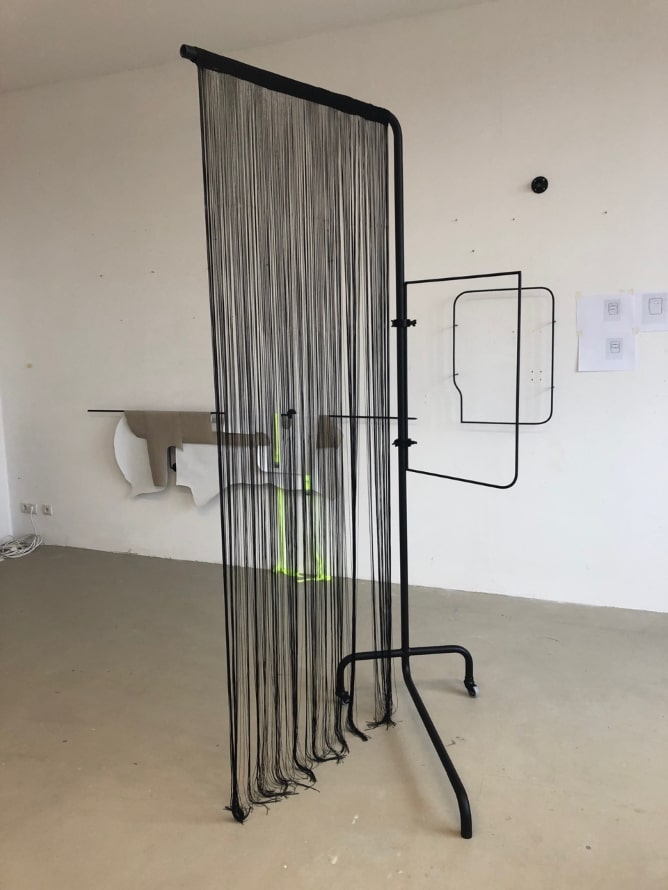
Introduce us to the work that, in your view, exemplifies or best embodies the message of your work.
My work doesn’t have a message. Works come from somewhere, there is an origin, or several sources out of which they evolve. More than a work is about something it comes from a certain place. A place of interest, doubt, denial, reaction or reflection and urge.

What is the aim of your art, your work, what is it supposed to achieve in the viewer?
It exists and as such one may relate to it or not. Depending on expectations, experiences, wishes or knowledge it is perceived differently by each individual. It is an offer, a proposition. My work doesn’t have any aim or purpose.
The question concerning THE DEED | DAS WERK is a complementary and separately presented part of THE INTERVIEW IN|DEEDS with Stef Heidhues.
How do you protect yourself from too much inspiration these days?
I don’t. I’ve gotten used to it and at the same time it’s just my everyday struggle. I make lists all the time, for ideas and plans and to dos.
How much in your works is planned in advance – how much is created intuitively?
The development of a work usually is highly intuitive, in the sense that many decisions are not rational. When the work is produced some works may have to be completely thought through, others emerge step by step, each one as a reaction to what happened before.
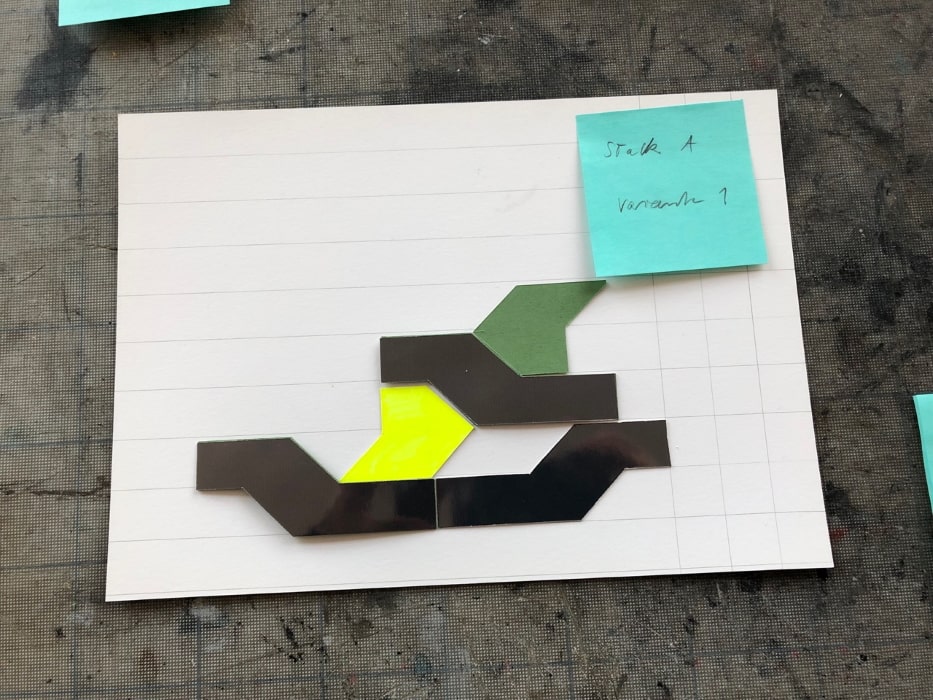
What are your (next) goals?
I wouldn’t mind just keeping on going like I am now. new spaces are always welcome challenges. And I’m planning on a publication.
What is your opinion about faith? Do you have principles of faith or is there a motto?
I’m not religious. I don’t believe in a higher power that decides, stirs or punishes. I believe in self determination and personal liberty. Too much comparing with other, greed, envy, all of that first of all limits your own freedom.
Which project would you still like to realize, if lack of time, courage or financial resources would not play a role?
A collaboration with certain fashion designers/companies, a dance company, or a stage set or a combination of those
What do you consider to be attributes of good art?
Formal autonomy, transzendance, not being didactic, and that it may be contextualized but cannot be replaced through language.
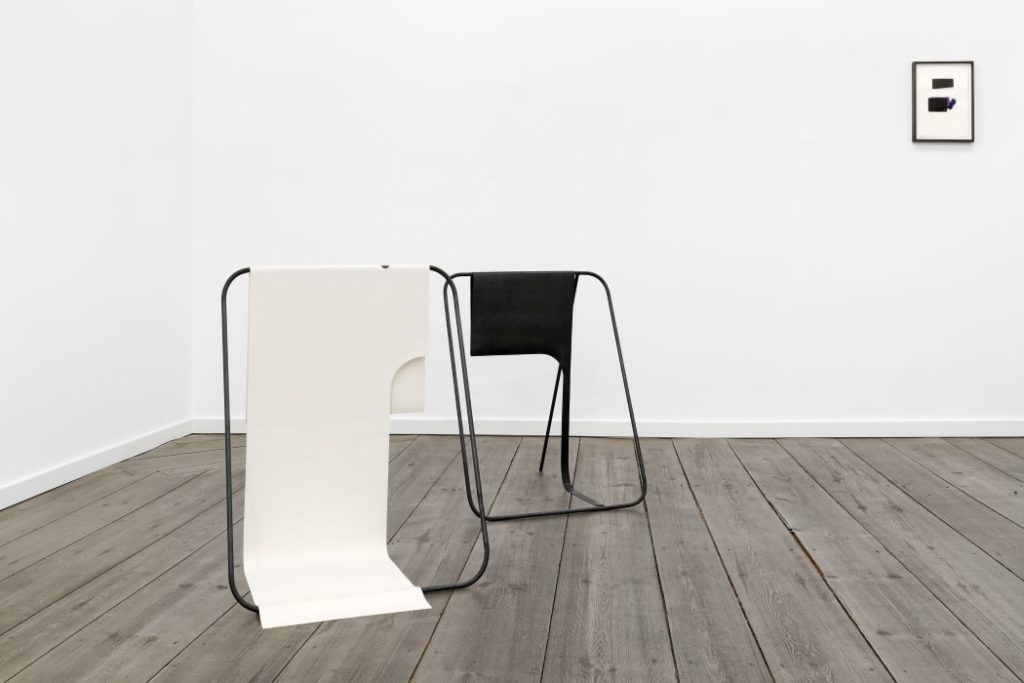
Is one born as an artist*? Or is studying art compulsory in your view?
I believe that sensitivity and the desire to express oneself by visual means is probably something one is born with or not. But to become an artist it is necessary to experience one’s way of making and thinking, the exchange with others is key to establish an artistic practice and position. Studying fine arts usually provides the environment for this kind of experience.
To whom do you show a new work first?
A close friend. We do mutual studiovisits on a regular basis where we discuss new works and ideas. Actually it is like a mutual coaching.
What does the first hour of your day look like?
Feed the cat, make coffee, play with the cat, groom the cat, Yoga, shower
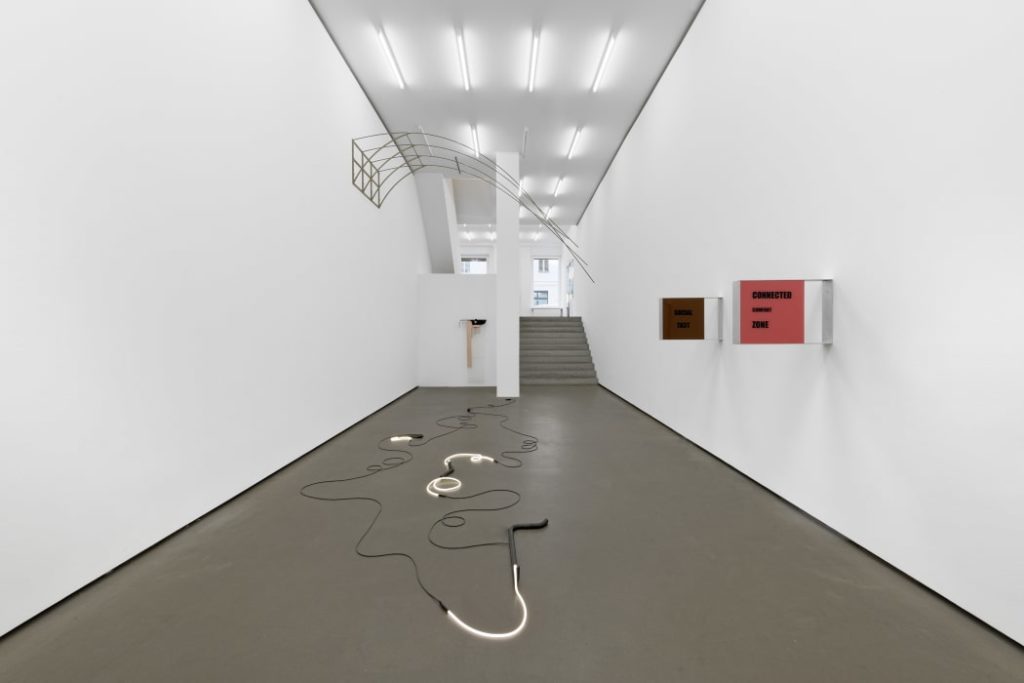
the Modern Dancers, 2021, Courtesy of Galerie EIGEN + ART Berlin & Stef Heidhues
In times of the internet of things, are galleries from your point of view still necessary? If so, why and what for?
To properly experience the art I make you have to be with it in one room, IRL. The internet is fine for documentation and information, like second hand experience. Galleries provide the space for this realtime experience, and serve as well as a platform and a firewall. In my view the relation between gallery and artist has to be based on mutual trust, then it can be a win-win situation.
Social media – in your view a blessing or a curse?
both, whereas I believe the word blessing might be a bit overly euphoric. For myself I hate Facebook but I like Instagram.
Epilogue | Current
The solo show Backstage with the Modern Dancers with works by Stef Heidhues can be visited from 11th February to 20th March 2021 at Galerie EIGEN + ART Berlin, Auguststraße 26, 10117 Berlin-Mitte.
www.instagram.com/stefheidhues
In times of Corona, when travel, studio visits and personal contacts are inappropriate or even impossible, the written interview remains an important medium to introduce artist personalities, to spread their messages and to stay in touch with art lovers. The interviews are not edited or shortened by the editors and are always reproduced in original sound. Therefore, we do not translate the interview into English or German unless the interviewee submits a translation.




